Some people think of advanced age as a liabilty. Some people don’t take older women seriously. But last month, a group of bad-ass older women in Switzerland demonstrated that those people are wrong. They used the unique powers that come with being over 60 to win the first legal climate case in history.
The Senior Women for Climate Protection Switzerland made major strides in climate litigation and paved the way for future generations to hold governments accountable. They argued that senior women are more susceptible to “health attacks” brought on by the intense heat waves that have plagued their homeland over the last 10 to 15 years. This quest for justice led the women to one of the most important arenas in the world, the European Court of Human Rights, also known as the Strasbourg Court.
Read more: The Double Whammy of Summer Heat and Hot Flashes
Fighting for Their Future
Many had tried to argue the effects of climate change in the European Court of Human Rights before, but none had ever been successful. In this case, the verdict was astounding: Switzerland was found guilty of violating the human rights of older women by failing to reduce carbon emissions.
The lawyers working with the activists (dubbed the Climate Grannies, but we’re not fond of that moniker) said that part of their success was due to their age, gender, and shared experiences. They made a case that others couldn’t.
A bit more about this bold group: The Senior Women for Climate Protection Switzerland (KlimaSeniorinnen), a coalition of women over 65, formed in Switzerland out of concern for – and outrage over – the damaging effects of climate change on their community. Their first meeting in the summer of 2016 had 44 women present. Since then, their membership has swelled to 2,500 and still counting.
The group worried about how global warming could impact younger generations as well. They rallied and made a case first to the Swedish Supreme Court soon after they formed. Sadly, they lost, but the group dug in. They decided that they needed to take their case to an even higher court.
The women charged that the government failed to reduce carbon emissions, thus robbing them of their right to a healthy life.
One key bit of evidence: Older women in Switzerland died at the highest rates from heat in summer 2022, according to the research of Ana Vicedo-Cabrera, an association member and leader of the Climate and Health team at the Institute of Social and Preventive Medicine at the University of Berne.
For over the past 15 years, women in Switzerland had been coming out of the woodwork to share their collective experiences of climate change. They had to readjust their day-to-day lives to avoid leaving the house during the intense heat or risk passing out – or suffer other health effects from the scorching heat. The primary argument they brought before the court was that the government’s failure to lower carbon emissions was directly violating their human rights.
Their Day in Court
With support from Greenpeace Switzerland and other environmental groups, the women triumphed. The decision was that Switzerland had not complied with its duties to combat climate change and had failed to reach the agreed-upon European Union’s emissions targets. This means the country is now legally bound to take stronger actions and reduce those emissions to help minimize global warming.
The largest demographic engaging in civil disobedience as a part of climate activism are women over 52.
One of their more notable cheerleaders has been Greta Thunberg, the young climate activist. Thunberg told the BBC that “this victory was only the beginning of climate litigation.”
It’s also a big win for older women. Stephanie Brander, an association member and an active participant in the court case, says that at first, the coalition’s members may not have been taken seriously by the courts due to their age. She said that so often, older women are stereotyped as the ones to look after the grandchildren and knit. “I think that was a big mistake,” she told Reuters.
The Unique Power of Older Women
The Swiss women aren’t the only group of older women taking it upon themselves to ensure a better future for everyone. Women’s activist groups are surging worldwide and getting results. According to researcher Dana R. Fisher, director of the Center of Environment, Community and Equity at American University, 60 percent of climate activists are women, and the largest demographic engaging in civil disobedience as a part of climate activism are women over 52. A solid 25 percent of climate activists are women aged 69 and older.
One example: In 2016, Pennie Opal Plant, an older member of the Yaqui of the Southern California tribe, blocked road access to the Dakota Pipeline, along with several other activists, in protest. She was part of a Native American grassroots protest. A group of Californians called the 1000 Grandmothers for Future Generations formed in solidarity. The goal was to prevent the Bakken oil fields from drilling through the Standing Rock Reservation, part of a major legal battle between the Standing Rock Sioux people and the government. Sadly, former President Trump signed an executive order in 2017, allowing drilling to proceed. This has created deep challenges not only for the reservation but also for the wildlife that relies on the river that runs through it.
“When I look my great-grandchildren, grandchildren, and children in the eye, I have to be able to day, ‘I did everything I could to protect you.’”
The ticked-off older women weren’t going to stop there. Plant has started several organizations combating climate change and helping her community, such as the Society of Fearless Grandmothers. This online group trains older women in nonviolent direct action, organizes local groups, and supports the Senior Women for Climate Change Switzerland and others as they work for environmental justice.
Listen to Hazel Chandler, 78, who’s active in the Climate Grannies movement in Arizona, explain where their drive comes from: “When I look my great-grandchildren, my grandchildren, and my children in the eye, I have to be able to say, ‘I did everything I could to protect you,” she told reporters. That’s an excellent rallying cry for older female activists, and may it ignite action among younger folk, too.
Read more: What It Takes to Hike the Inca Trail to Machu Picchu
Top image: Miriam Künzli / Greenpeace

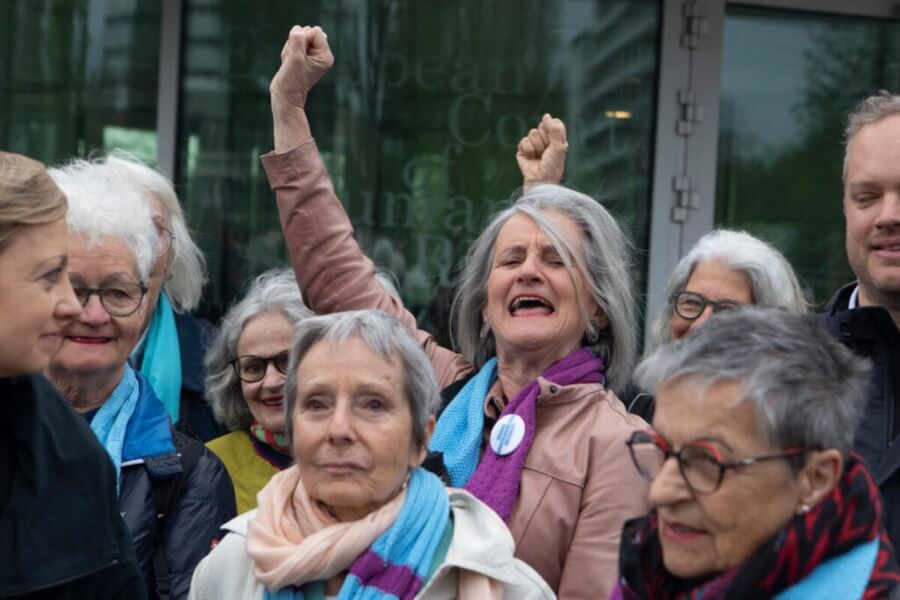
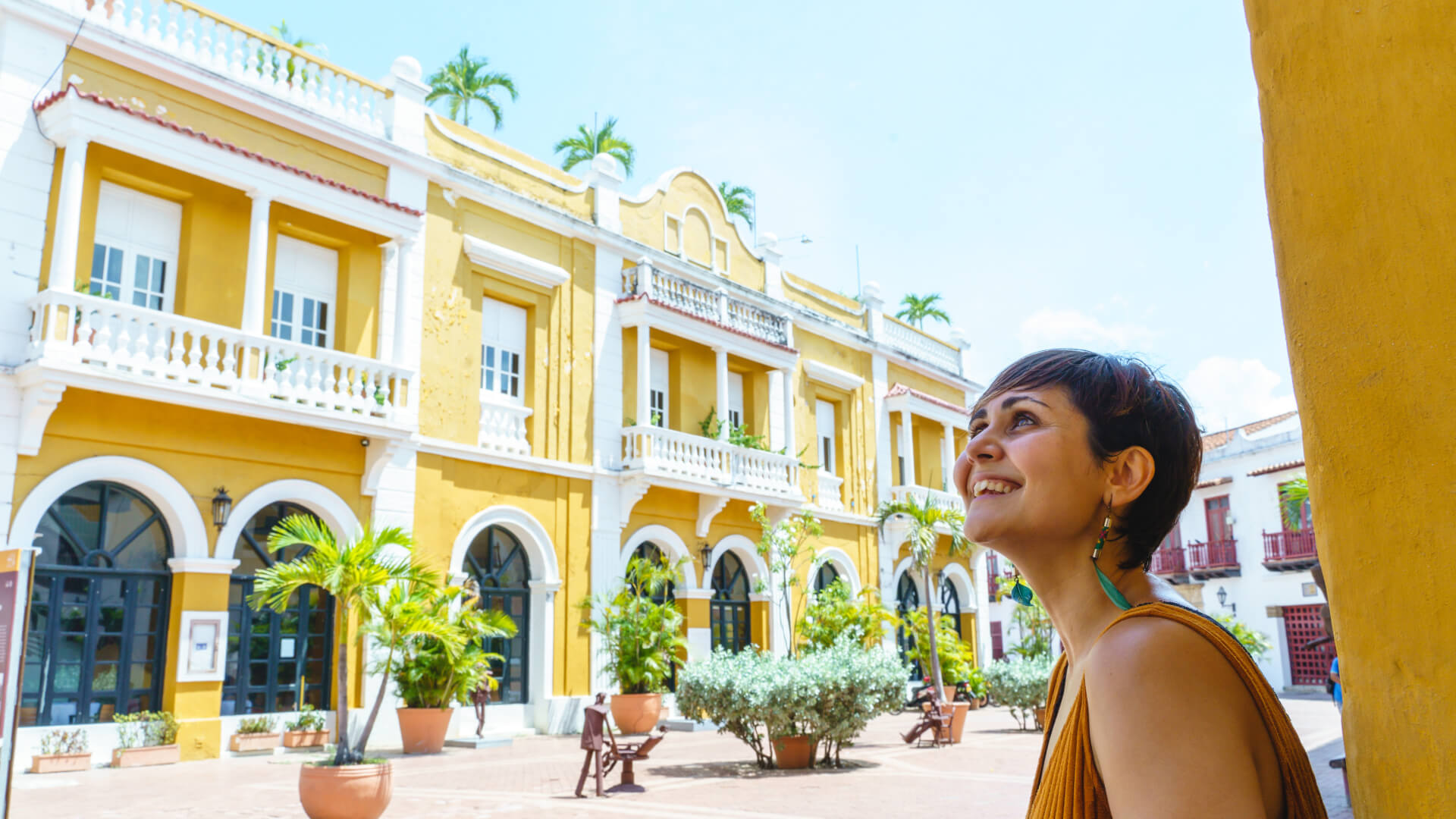



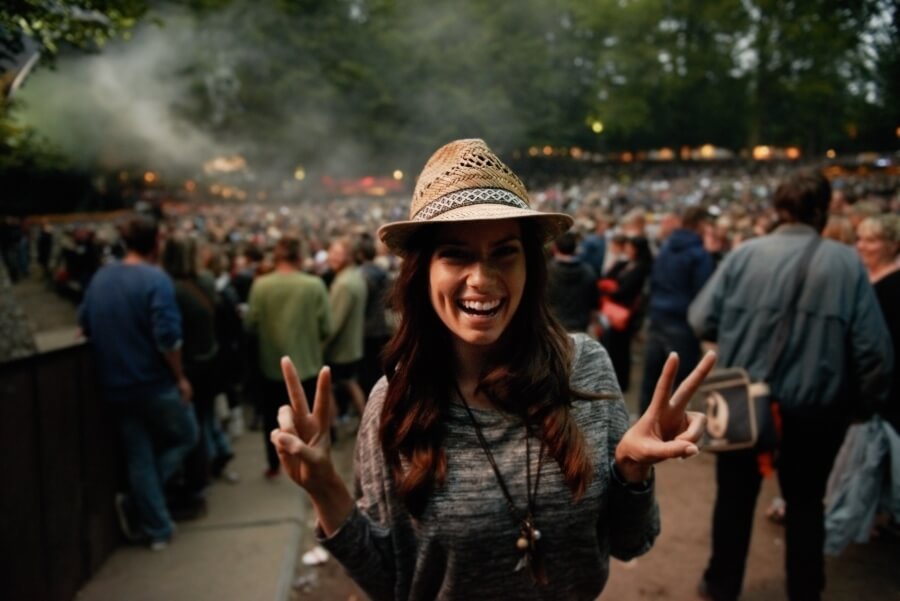
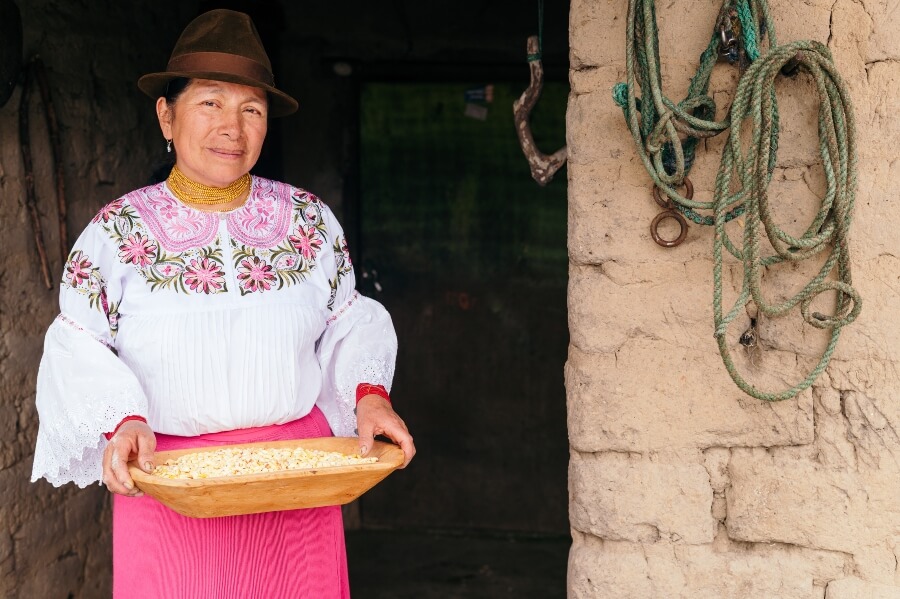
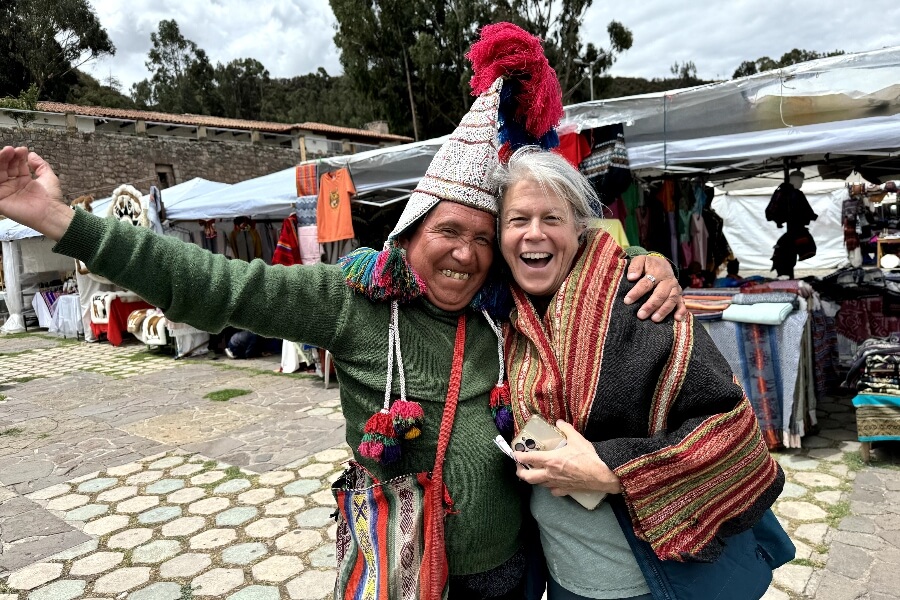

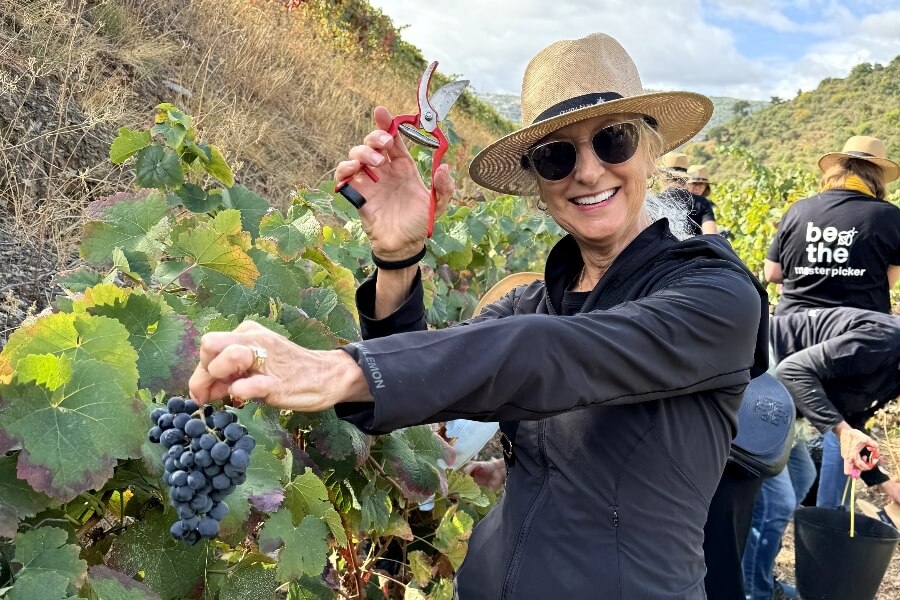
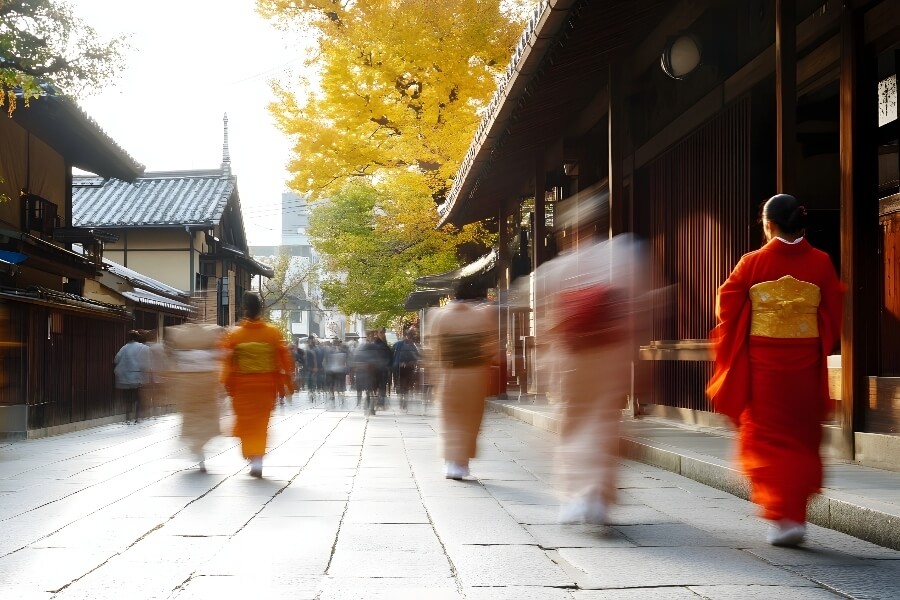





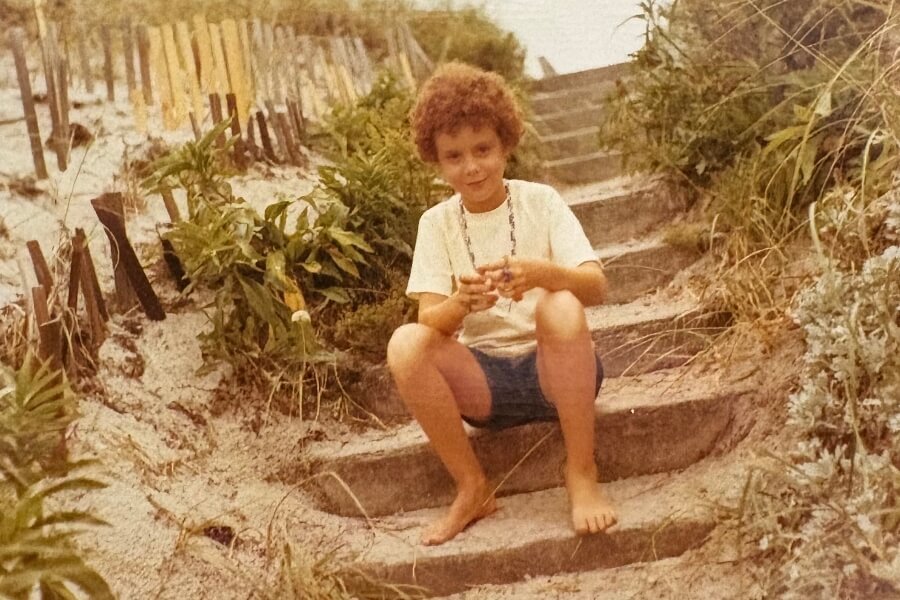

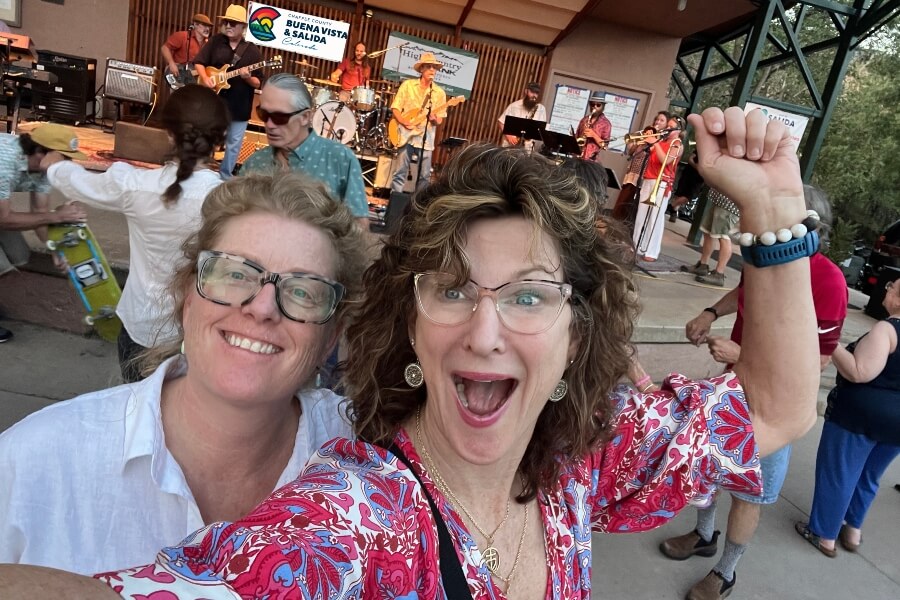



0 Comments